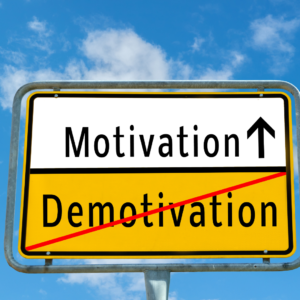Sustainability course for business people
TAFE SA has recently launched a course to improve general community and business literacy and numeracy relating to the challenges of sustainability and climate change.
“We’re seeing a new profession in its infancy, with all that this entails such as a new language, concepts and leaders,” says Trisha Drioli, lecturer in carbon accounting and sustainability studies at TAFE SA’s Adelaide city campus.
The diploma of sustainability focuses on the key skills required to understand and implement sustainability strategy, policy and decision-making in organisations.
“These skills can equally be applied to community development, as the course provides a framework for developing thinking about key issues of the 21st century, with sustainability as the goal,” says Ms Drioli.
The diploma consists of 14 units, of which four are core and 10 are elective. Ms Drioli says students typically come with a professional background in another field. Since the course commenced in mid-2010, it has attracted 161 students, and there are at present 112 students enrolled.
“We have accountants, lawyers, engineers and business managers from a wide range of industries and professions engaged in exploring the various aspects of sustainability.”
The four core units are delivered online and are taken over 12 months. Each unit involves about hours a week over an eight-week period, with a proportion of this time spent learning to operate in the online environment.
Online delivery allows TAFE SA to “practise what we preach in terms of green practice, says Ms Drioli. “Normally when you do a course by correspondence, you receive a big folder with lots of material inside, whereas this is entirely online. You submit your assignments online, you don’t send anything in via hard copy – so it’s moving towards the paperless office idea.”
Online delivery also allows businesspeople to fit in study around their work commitments, and is attractive to younger students who are accustomed to the online environment.
“Individuals are increasingly required to . . . learn how to operate in this space in order to be heard,” she says. “The growth of social media and the internet has created an interactive environment where dialogue on a range of issues occurs.
“This is particularly true of the sustainability discussion, which is largely online in social discussion forums, on blogs and in electronic media forums. TAFE SA believes that developing online skills in sustainability makes an important contribution to cultural change.”
Students with a diploma or a higher degree are granted credit for the 10 elective units; however, Ms Drioli says electives provide the opportunity to fine-tune the qualification and add specialist subjects such as carbon accounting.
Skills acquired can be applied to the workplace in a variety of ways. “For some, this is directly applicable in their role as sustainability manager [in] developing business plans and guiding their organisation through a transformation process,” Ms Drioli says.
“For others, the language and concepts will be applied to their existing work practices, enabling them to readily integrate changes in the business environment and economy into their practices.”
Paul Davis, 52, winery services manager at Orlando Wines, says he did the course because his company was moving towards sustainable practices with recycling and had already developed a corporate social responsibility program.
“The course has been totally engaging, but also very challenging. Using the internet in a different way for discussion forums has been a new experience,” he says.
“I think the course has been very grounding and has given me the view that I need to advance sustainability at work, to support the company’s goals.”


